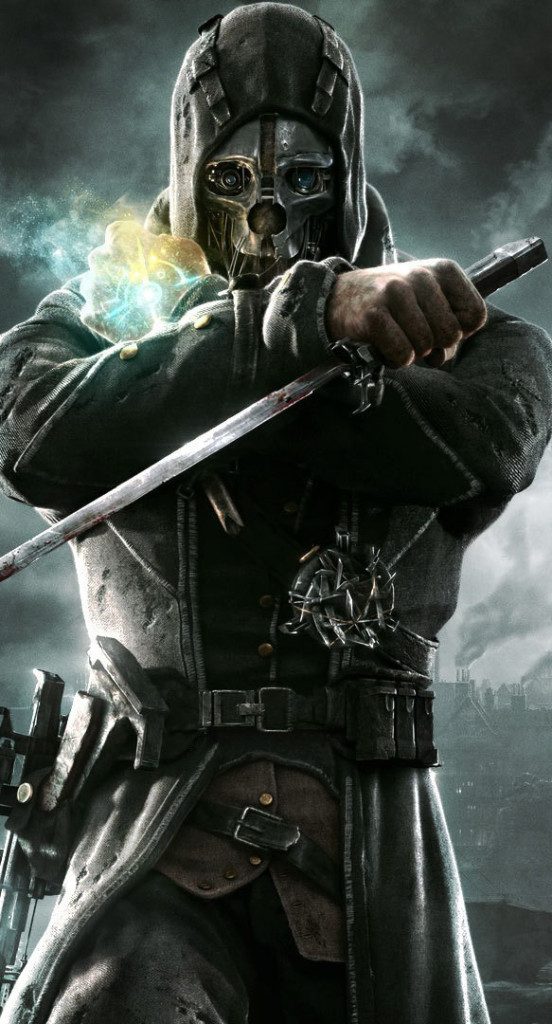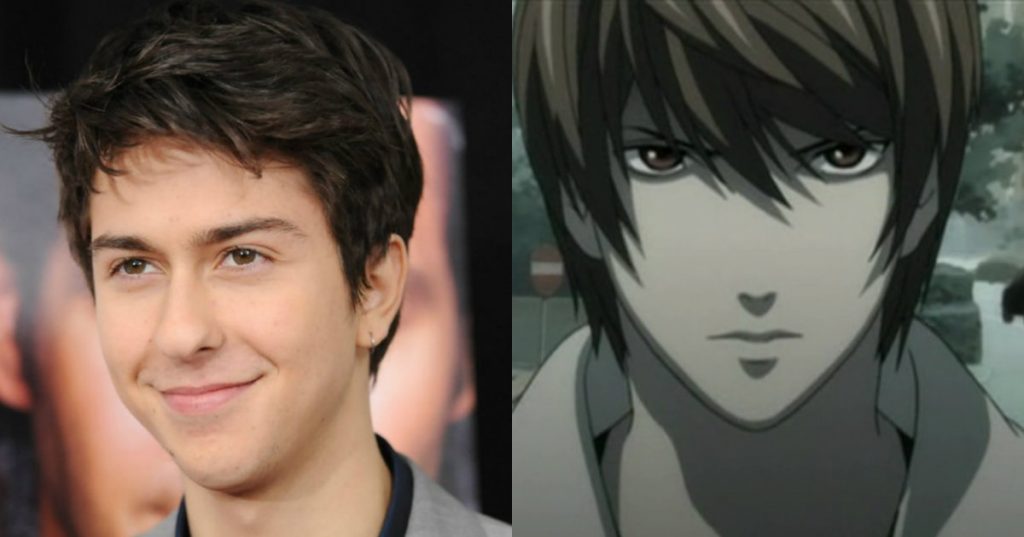Arkane Studios’ ‘Dishonored’ ponders the morality of the gamer
By Adam Tatelman, Contributor
5/5
In the realm of violent video games, Dishonored is a rare and exciting find: a game that gives you a linear storyline with clear objectives and lets you decide the best way to accomplish them.
As Corvo Attano, Lord Protector to Empress Kaldwin of the Isles, you are framed and imprisoned for the assassination of your beloved monarch. While you are awaiting execution, a Faustian figure known only as “The Outsider” grants you the power to escape and avenge your charge, uncovering the conspirators involved in the killing
Along the way, every trial you face asks the same ever-present question: when you can teleport, see through walls, create gale-force winds, possess creatures and people, summon plague rats, and even bring time to a standstill, what will you do with that power? Do you stick to the shadows and eliminate the target as quietly as possible, or do you go on a roaring rampage of revenge, killing all in your path? Neither is really presented as the “bad option,” so feel free to jump in front of a guard, stop time as he fires his weapon, possess him, walk him in front of his own bullet and start up the clock again—just know that your actions will have consequences. I won’t spoil any plot twists, but I will say this: characters in the game will remember your choices and they will bite you back sooner or later.
The dual options of “stealth versus combat” are nothing new to gaming, but Dishonored deepens the choice by allowing you to commit the perfect crime; to make killing look like an accident and get off scot-free, or even find ways to neutralize the target non-lethally. Abduction, blackmail, and even excommunication are all viable options specific to each individual target. These choices appealed to me because each target is developed as a character. They aren’t just moustache-twirling villains; they are uniquely disturbed individuals trying to cope with their involvement in a sinister plot and to make the best of life in the crapsack city of Dunwall. I would feel like a right bastard for walking up and stabbing them in the face.
I love stealth games by default, so I went for the sneaky, wussy, no-killing play through. Rather than portraying Corvo as a Terminator out for vengeance, I chose to interpret him as a wronged man seeking justice while trying to assuage his guilty conscience. And much to my surprise, the game rewarded me for it. Dunwall actually became a politically stable, less diseased place by the end of the game. I was floored; in today’s market, oversaturated with games about solving conflict through war, we can actually get a high-profile release that encourages creative thinking and advocates “give peace a chance?” That’s something I can get behind.
I’m not saying every game needs to be as engaging and thought-provoking as Dishonored; it’s just nice to have the option. So good on you, Corvo; you’ve kept your honor.

